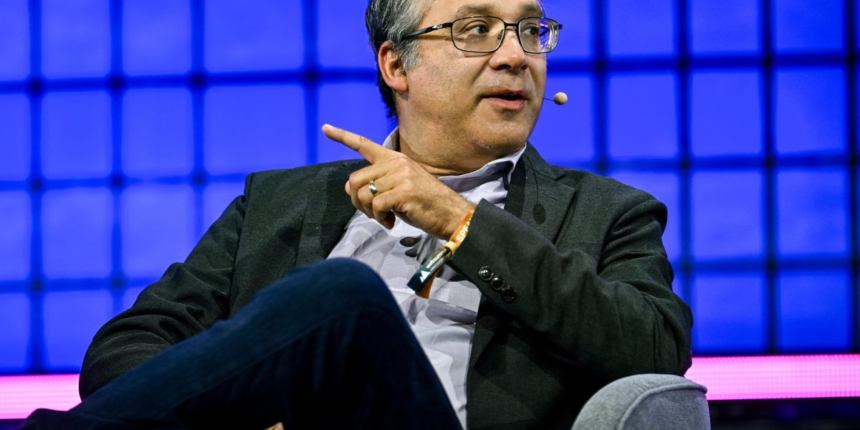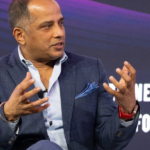Gary Marcus has been warning of the limits of large language models (LLMs) since 2019 and warning of a potential bubble and problematic economics since 2023. His words carry a particularly distinctive weight. The cognitive scientist turned longtime AI researcher has been active in the machine learning space since 2015, when he founded Geometric Intelligence. That company was acquired by Uber in 2016, and Marcus left shortly afterward, working at other AI startups while offering vocal criticism of what he sees as dead-ends in the AI space.
Still, Marcus doesn’t see himself as a “Cassandra,” and he’s not trying to be, he told Fortune in an interview. Cassandra, a figure from Greek tragedy, was a character who uttered accurate prophecies but wasn’t believed until it was too late. “I see myself as a realist and as someone who foresaw the problems and was correct about them.”
Marcus attributes the wobble in markets to GPT-5 above all. It’s not a failure, he said, but it’s “underwhelming,” a “disappointment,” and that’s “really woken a lot of people up. You know, GPT-5 was sold, basically, as AGI, and it just isn’t,” he added, referencing artificial general intelligence, a hypothetical AI with human-like reasoning abilities. “It’s not a terrible model, it’s not like it’s bad,” he said, but “it’s not the quantum leap that a lot of people were led to expect.”
“That’s what I feel like,” Marcus says. “We are off the cliff. This does not make sense. And we get some signs from the last few days that people are finally noticing.”
Subramanian mentioned smaller companies and potentially private lending as areas “that potentially have re-rated too aggressively.” She’s also concerned about the risk of companies diving into data centers too such a great extent, noting that this represents a shift back toward an asset-heavier approach, instead of the asset-light approach that increasingly distinguishes top performance in the U.S. economy.
“I mean, this is new,” she said. “Tech used to be very asset-light and just spent money on R&D and innovation, and now they’re spending money to build out these data centers,” adding that she sees it as potentially marking the end of their asset-light, high-margin existence and basically transforming them into “very asset-intensive and more manufacturing-like than they used to be.” From her perspective, that warrants a lower multiple in the stock market. When asked if that is tantamount to a bubble, if not a correction, she said “it’s starting to happen in places,” and she agrees with the comparison to the railroad boom.
These machines might seem like they’re human, but “they don’t actually work like you,” Marcus said, adding, “this entire market has been based on people not understanding that, imagining that scaling was going to solve all of this, because they don’t really understand the problem. I mean, it’s almost tragic.”
Subramanian, for her part, said she thinks “people love this AI technology because it feels like sorcery. It feels a little magical and mystical … the truth is it hasn’t really changed the world that much yet, but I don’t think it’s something to be dismissed.” She’s also become really taken with it herself. “I’m already using ChatGPT more than my kids are. I mean, it’s kind of interesting to see this. I use ChatGPT for everything now.”









